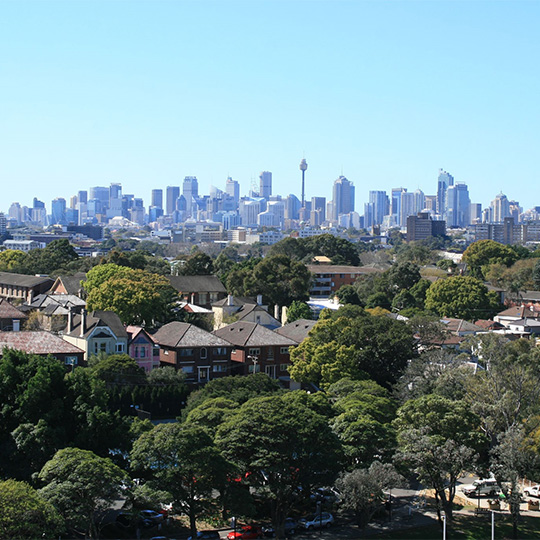The University of Washington’s animal facilities on the Seattle campus underwent a routine, unannounced inspection by the United States Department of Agriculture (USDA) between Sept. 12 and 14. The inspection identified four non-compliant items, all of which had previously been self-reported by the UW and rectified before the inspection took place.
All institutions registered to conduct research that involves animals are subject to these inspections at least once every year in compliance with the regulations and standards of the Animal Welfare Act (AWA). The inspections include a careful review of records, the research facilities and the animals in them.
USDA inspection reports of the UW spanning the past decade are available on the UW’s Office of Animal Welfare website.
“The UW is committed to the safety and welfare of the animals in our care,” said Dr. Sally Thompson-Iritani, UW’s assistant vice provost for animal care, outreach and 3Rs (Replacement, Reduction and Refinement). “We are also committed to openness and identifying and reporting adverse events and non-compliances to our Institutional Animal Care and Use Committee (IACUC) and to the appropriate agencies in a timely manner. This is essential for ensuring the integrity of our animal care program and both internal and public trust.”
Here is a summary of the findings and the university’s response:
- The inspection highlighted three instances where animal activities involving rabbits, ground squirrels and a non-human primate were not fully described and approved in the associated IACUC protocols.
- Corrective action: The associated protocols were promptly amended to ensure a complete and accurate description of the work being performed. Additional verification steps have also been incorporated into the process for study preparation.
- The inspection highlighted three instances where animal activities involving rabbits, ground squirrels and a non-human primate were not fully described and approved in the associated IACUC protocols.
- In one case, a non-human primate sustained an injury during the placement of a recording device by a trainee. The animal was provided with prompt veterinary care and has since recovered.
- Corrective action: To prevent future incidents, the university has implemented a more structured training program and refined the procedure for device placement.
- In one case, a non-human primate sustained an injury during the placement of a recording device by a trainee. The animal was provided with prompt veterinary care and has since recovered.
- Tragically, one non-human primate under anesthesia died during routine implant maintenance. An investigation revealed that the portable anesthesia machine used did not function correctly with the attached circuit, leading to the animal’s death.
- Corrective action: The university immediately removed the machine from use and introduced additional measures, including refining leak and pressure checks for portable anesthesia machines and placing emergency kits in procedure spaces to enhance emergency response capabilities.
- Tragically, one non-human primate under anesthesia died during routine implant maintenance. An investigation revealed that the portable anesthesia machine used did not function correctly with the attached circuit, leading to the animal’s death.
- In another incident, a non-human primate involved in a study on decision-making did not receive its daily ration of water due to a miscommunication between researchers and staff members. Upon discovery of the oversight, the animal was immediately assessed by a veterinarian and provided with fluids. Fortunately, no abnormalities were noted in the examination or bloodwork.
- Corrective action: To prevent similar incidents, the university has streamlined the process for providing water to animals in these types of studies and implemented a mandatory documentation form that includes enhanced communications and a phone tree posted on the animal room doors.
- In another incident, a non-human primate involved in a study on decision-making did not receive its daily ration of water due to a miscommunication between researchers and staff members. Upon discovery of the oversight, the animal was immediately assessed by a veterinarian and provided with fluids. Fortunately, no abnormalities were noted in the examination or bloodwork.





